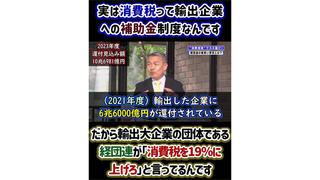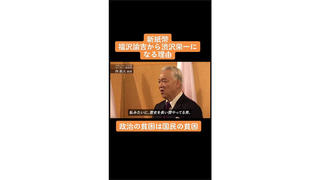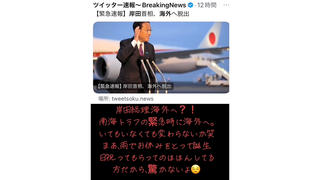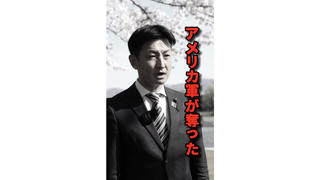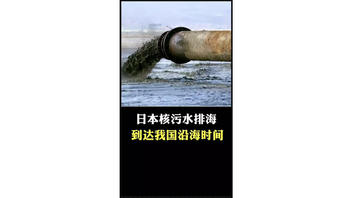
Did Japan release nuclear contaminated water into the sea, making it murky? No, that's not true: The ALPS treated water from the Fukushima Daiichi nuclear power station, which was released into the sea as of August 24, 2023, is transparent and colorless.
The claim appeared on a TikTok video (archived here) on September 2, 2023. The text on the video, translated from Chinese to English with Google Translate, reads:
Japan's nuclear waste water rushes into the ocean.
This is what the post looked like on TikTok at the time of writing:
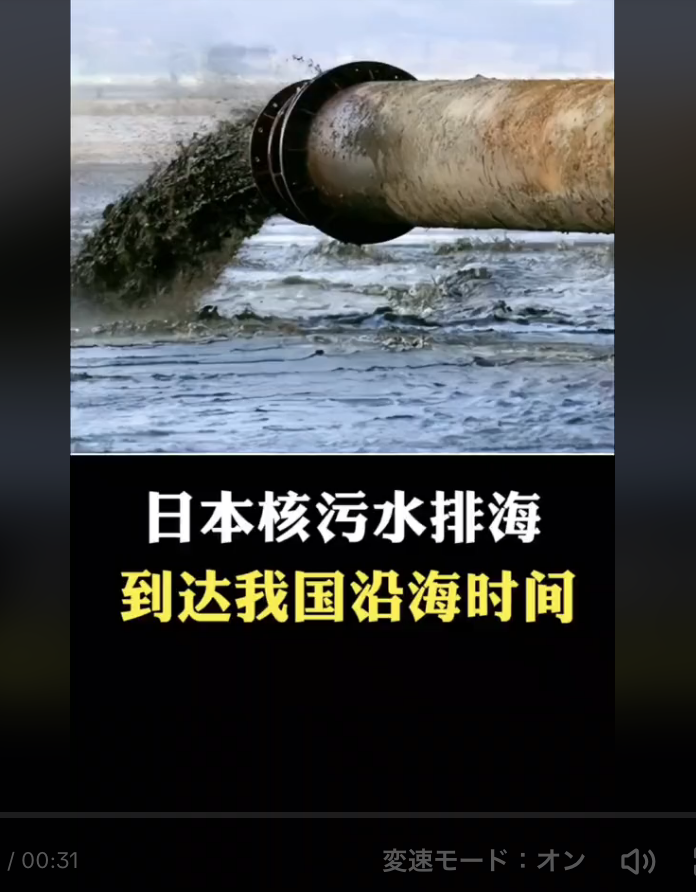
(Source: TikTok screenshot taken on Thu Sep 21 13:19:58 2023 UTC)
Countless posts with similar content, showing murky seawater, accompanied by a text or audio claiming that Japan is releasing dark contaminated water into the sea, can be found on Chinese social media.
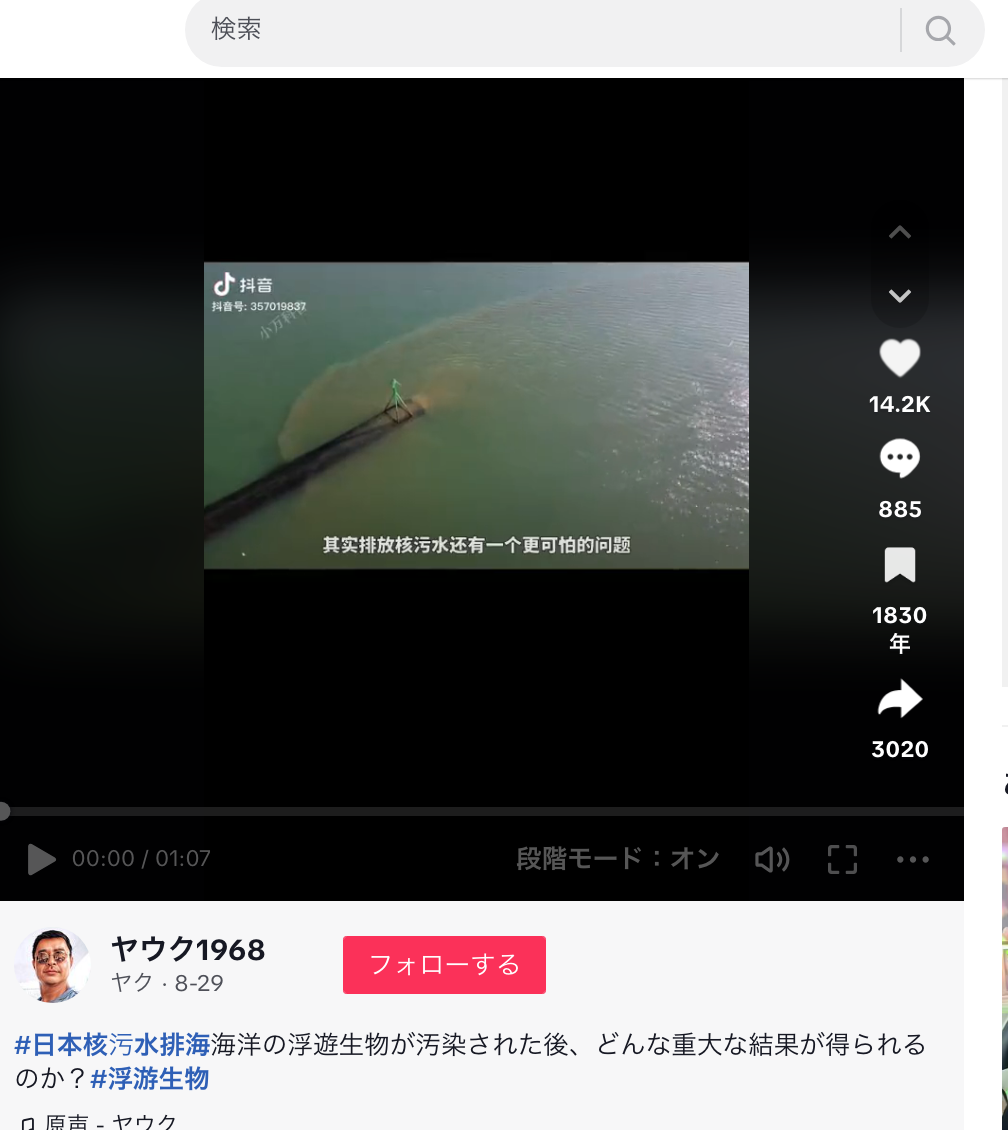
(Source: TikTok screenshot taken on Thu Sep 21 13:30:50 2023 UTC)
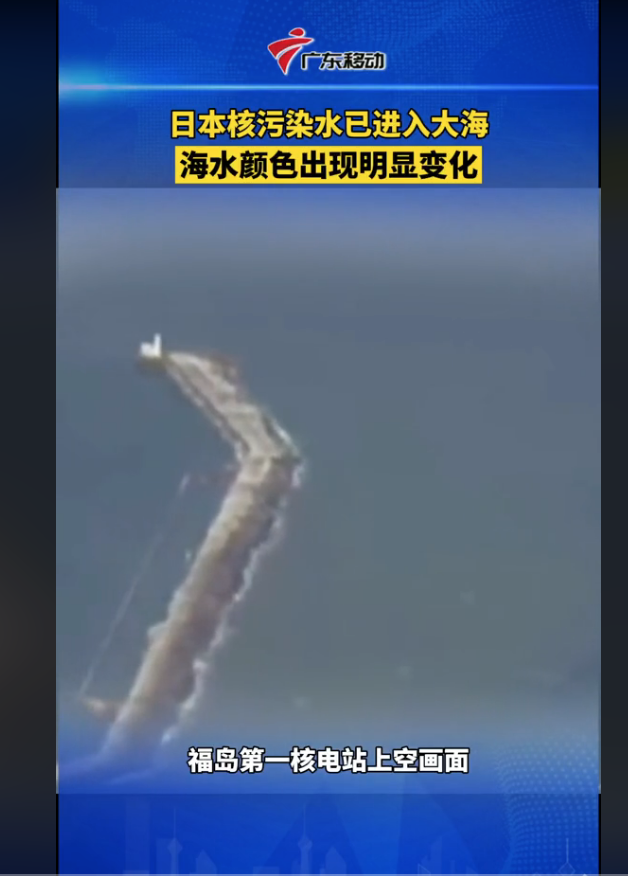
(Source: TikTok screenshot taken on Thu Sep 21 13:55:23 2023 UTC)
Such claims are false. The water discharged into the sea has been filtered using a system called ALPS (Advanced Liquid Processing System) in order to remove radioactive materials, acquired through contact with the damaged reactors and fuel debris at the Fukushima plant. ALPS treated water is clear and odorless and satisfies the relevant international safety standards, according to International Atomic Energy Agency (IAEA), the United Nation's nuclear agency, which has agreed to monitor and review the discharge process.
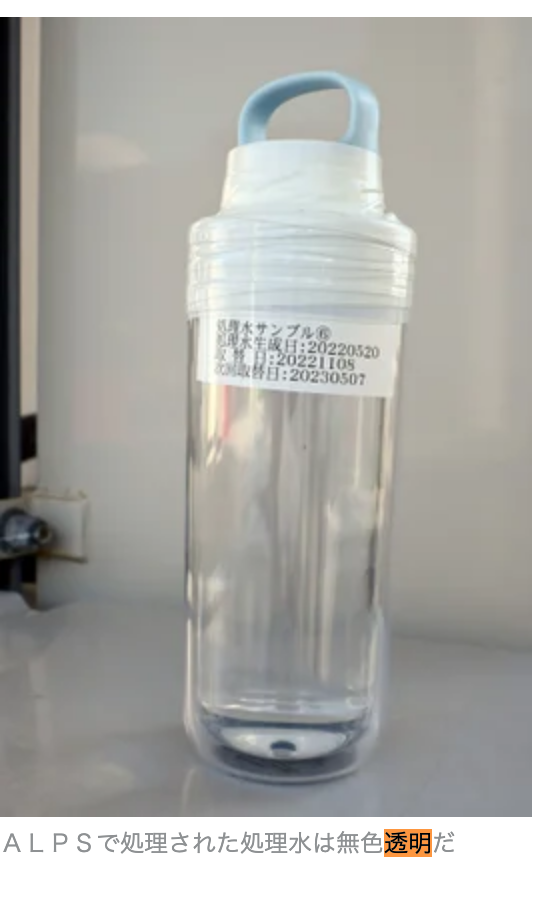
(Source: TikTok screenshot taken on Thu Sep 21 14:01:35 2023 UTC)
Disinformation about the treated water being discharged into the sea is widely circulating in China and is spreading fear and suspicion amongst the Chinese people.
The Japanese government has responded to comments made by the Chinese government on the discharge of ALPS Treated Water into the sea. The Japanese Ministry of Foreign Affairs refuted China's claims, defining them "communications without scientific basis."
The Government of Japan will continue to urge the Chinese government to convey accurate information, and not to unnecessarily raise people's concerns through communication unsupported by scientific evidence.
The discharge is a key step in decommissioning the Fukushima Daiichi plant after the 2011 tsunami destroyed it. In July 2023, the United Nations' International Atomic Energy Agency approved Japan's plans to release the treated water into the ocean, saying, after a two-year review, that they met global safety standards.




